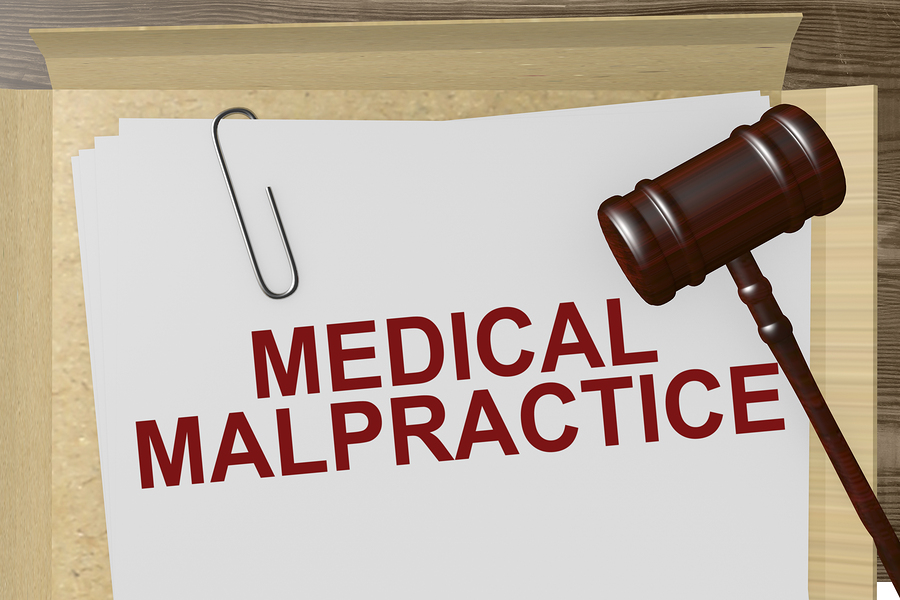What Constitutes a Medical Malpractice Claim?
Medical malpractice refers to negligence by a professional that falls below the expected standard of patient care. While some malpractice goes unnoticed and does not pose any risk, numerous claims often come with severe consequences. Understanding these incidences allows you to be on the lookout for these errors when they arise, helping you get legal recourse in the aftermath of the negligence.
Birth Injuries
Birthing experiences do not always go as planned, leading to devastating outcomes for the mother, child, or both. Malpractices are common during labor, such as delayed c-sections during emergencies, failure to diagnose life-threatening complications, and incorrect use of birthing devices resulting in various complications. According to PolitoLaw.com, lack of prenatal care could also cause birthing injuries, leaving patients with lifelong expenses.
Misdiagnosis
Misdiagnosis is another common medical malpractice. This refers to an inaccurate diagnosis of an illness, resulting in wrongful death or disease progression to an irreversible stage. A misdiagnosis claim will often require one to establish negligence. This can be solved by establishing the cause or progression of a disease, one that other medical practitioners could have noticed.
Use of Defective Medical Equipment
With the influx of medical devices on the market, some equipment will likely be defective, causing patient injuries. If the equipment comes with poor designs or specifications, it could cause organ failure and harm the target areas. In addition to doctors facing malpractice claims due to such devices, manufacturers aware of these defects can also be liable for the injuries sustained.
Failure to Prevent Hospital-Borne Infections
Dirty and unhygienic conditions in the hospital may cause deadly patient infections, with sepsis being the most common hazard in such facilities. If you notice signs of unhygienic handling of devices and dirty environments during your stay at the hospital, a medical malpractice claim will come in handy. This is especially crucial when you or your loved one gets infected due to these deplorable facility conditions.
Surgical Errors
Surgical errors refer to malpractices that should not happen during surgery. These are mistakes that could have been avoided during and after surgery. Take note these are different from the risks associated with surgery and will often include errors such as inadequate aftercare, damage to organs and tissues, and unnecessary surgery. Using unsterile equipment that leads to complications is also classified as a surgical error.
Errors in Drug Prescriptions
Taking the wrong prescription is another cause of medical malpractice, with the wrong drug likely to interfere with other drugs or result in disease deterioration. If your doctor fills the wrong prescriptions, you can file for a negligence claim, with the patient’s representative required to prove the occurrence of such an error. This will require you to show that the prescription was filled wrongly, making for a strong source of evidence.
Delayed Diagnoses
A delayed diagnosis could also be detrimental to a patient’s health, with a lack of diagnosis or delayed diagnosis leading to irreversible medical conditions. Instances such as lack of proper tests and overlooked information are the most common causes of this, creating medical emergencies that are difficult to control as the condition progresses. Sometimes the delayed diagnosis can be so damaging that it leads to fatal medical conditions, or the patient ends up needing harsher surgeries. There have been numerous patients that the negligence of diagnosing them has caused delayed treatment leading to amputation, this is when the patient should consider taking the hospital or doctor to court to try and get compensation for their neglect.
Failure to Treat
Some patients may get the proper diagnosis but get a denial of treatment. The result could be detrimental, with death and irreversible progression of the diagnosed condition occurring. Other instances, such as early discharge, could also lead to severe injuries, with a lack of aftercare also classified as negligent failure to dispense services. If this happens, your loved ones can file for a malpractice claim, allowing you to get the compensation you are duly owed.
Reversing the impacts of medical malpractice will often not be possible, with most patients contracting life-threatening conditions due to avoidable errors. Getting legal help is, however, possible, with claims such as delayed diagnoses, birth injuries, and errors in drug prescriptions allowing you to get the peace you deserve. Lawyers trained to handle medical malpractices can also help you settle your misdiagnosis and surgical error claim for adequate compensation.

